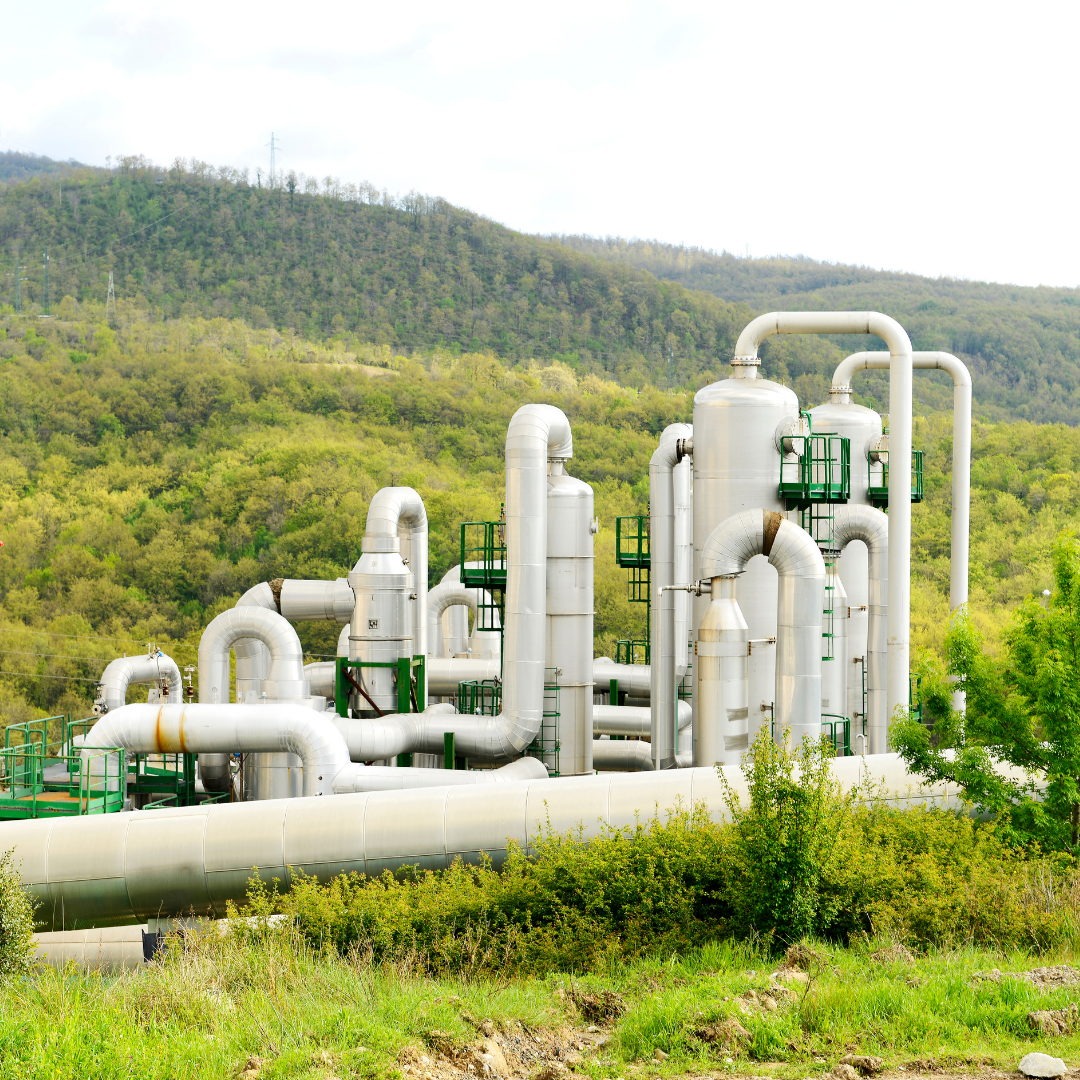Kenya Electricity Generating Co., Africa’s geothermal pioneer, plans to raise $1.95 billion to build new, and upgrade existing plants in a bid to almost double its power output from the renewable fuel.
KenGen, as the Kenyan state-owned company is known, plans to add 651 megawatts from underground steam in the next five years, said Cyrus Karingithi, an assistant manager for resource development and infrastructure. Most of the funds will be sought from development financiers, Karingithi said in an interview on Tuesday at a geothermal field located about 120 kilometers (75 miles) northwest of the capital Nairobi.
President Uhuru Kenyatta is pushing investors to tap Kenya’s vast geothermal resources with a goal to switch completely to renewable energy to generate electricity for the nation’s grid, from about 90% currently. Kenyatta said at President Joe Biden’s climate summit last month that there are “huge investment opportunities” in his country’s steam power given just a fraction of the resource is being used.
KenGen plans to build four new 140-megawatt steam-power plants each, including a project to be delivered as a public-private partnership, according to Karingithi. Steam wells have already been drilled at two of the planned facilities. The company also plans to upgrade some projects to add 66 megawatts and to deliver another 25 megawatts from wellheads, mobile generating plants, at the Eburru field.
The company’s shares fell 1.7% by close of trading on Wednesday in Nairobi. They have dropped 15% this year. The business requires significant capital expenditure given high initial costs for geothermal power, necessitating the preference for concessionary debt, according to Churchill Ogutu, head of research at Genghis Capital. “The company has been pivoting away from the expensive thermal electricity and into the more efficient and green-friendly geothermal,” Ogutu said in an email.
KenGen is able to generate 1,803 megawatts of Kenya’s total installed capacity of 2,892 megawatts. Of that, 705.5 megawatts is geothermal energy produced by the company.
Johannesburg, Africa’s dominant financial center, wants to meet 35% of its energy needs from renewable sources by 2030 and will seek proposals for privately supplied power by August.
South Africa’s biggest city, with a population of over 5 million people, is looking for its own power suppliers after the government last year said municipalities could buy electricity from companies other than state power utility Eskom Holdings SOC Ltd.
The move would reduce reliance on Eskom, which has subjected the country to periodic power outages for over 13 years because of unreliable generation. It’s also an opportunity to combat climate change, as almost all of Eskom’s power is generated by burning coal.
Johannesburg wants to ensure “that there is sufficient energy security within the city, ensure that the energy is affordable, and ensure the access and reliability of that energy is maintained,” Thabo Mahlatsi, the city’s director of energy, said in an interview. Renewable energy would be procured by gaging interest from private producers and using municipal funds to pay for it.
funds to pay for it.
In addition to renewable energy sources such as solar energy and biogas from landfills, the city is considering the use of hydrogen fuel-cells and natural gas, he said. Meetings have been held with Mitochondria Energy Co., which has installed a hydrogen fuel-cell unit for the Chamber of Mines in downtown Johannesburg, Mahlatsi said. The city is open to discussions with any company that thinks it will be able to supply power.
Talks over gas-fueled power have been held with potential suppliers including DNG Energy, a liquefied natural gas company. Kelvin Power Station, which already supplies coal-fired power to the municipality and is controlled by Harith General Partners, intends to switch to gas.











